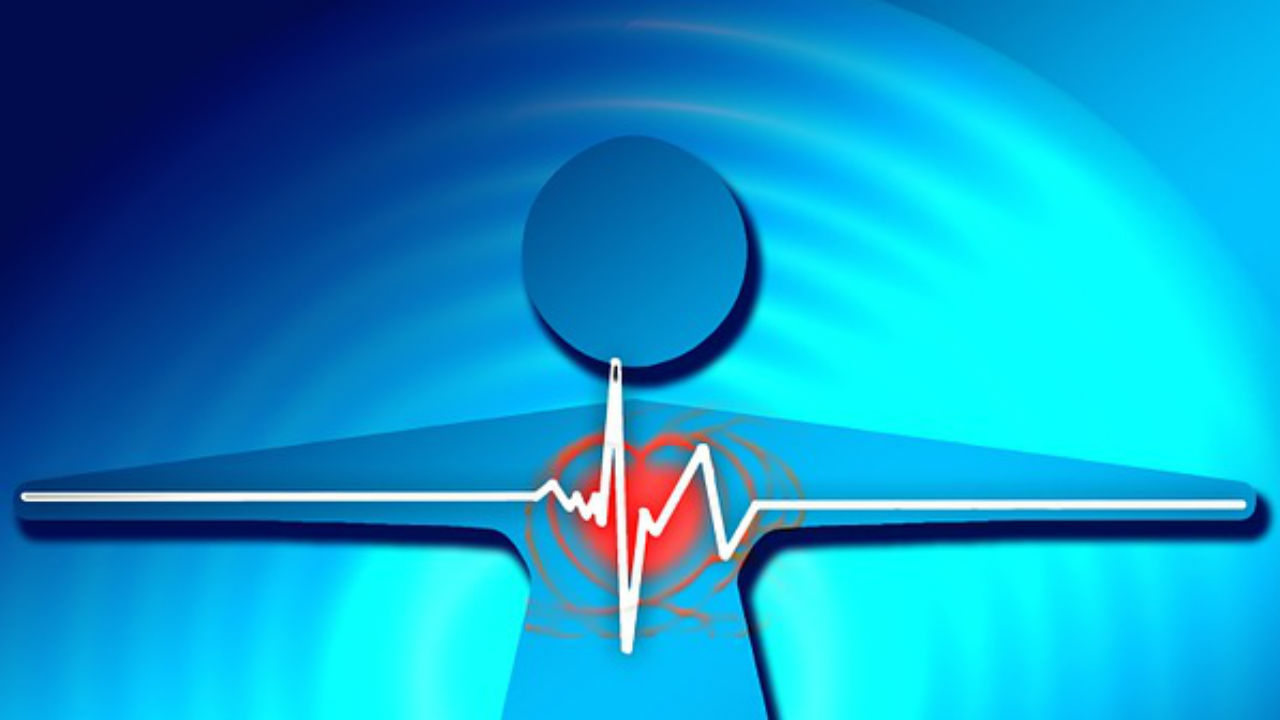Nurse Deanna Carlson explains how salt (sodium) affects your health.
Deanna Carlson: Salt, sodium, if you have too much of it, it retains fluid in your body system. So if you’re retaining fluid then your heart has to work harder to pump it through.
So how much is too much salt? Well, studies have showed me and I have done a lot of research on this -- people consume around 2,000 to 7,000 mg of salt a day, sodium, that’s the average person.
The American Heart Association and cardiologists recommend no more than 2,400 mg of salt in a day. Now sometimes if you have high blood pressure, your physician may even ask you to be on maybe 1,800 mg a day.
I know milligrams are hard to understand. So 2,400 mg equals about one teaspoon of salt, table salt.
The Women's Heart Center program provides:
* Low-cost personal Heart and Vascular Screenings.
* Free heart and self-health risk assessments.
* Educational Seminars addressing nutrition, exercise and osteoporosis.
* Specialized in-hospital care for women admitted with heart disease.
"Symptom recognition is a key problem," says Women's Heart Center co-director Shalizeh Shokooh, M.D. "About one third of women don't experience the typical symptoms of heart disease that most men experience. Many women report having vague chest discomfort with a sudden onset of severe fatigue or shortness of breath."
"This is one of the reasons St. Joseph Hospital opened the Women's Heart Center," says co-medical director Warren Johnston, M.D. "Participation in the Center provides women with the heart-health protection they need." Women can attend a private heart-health screening provided by a highly trained cardiac registered nurse.





